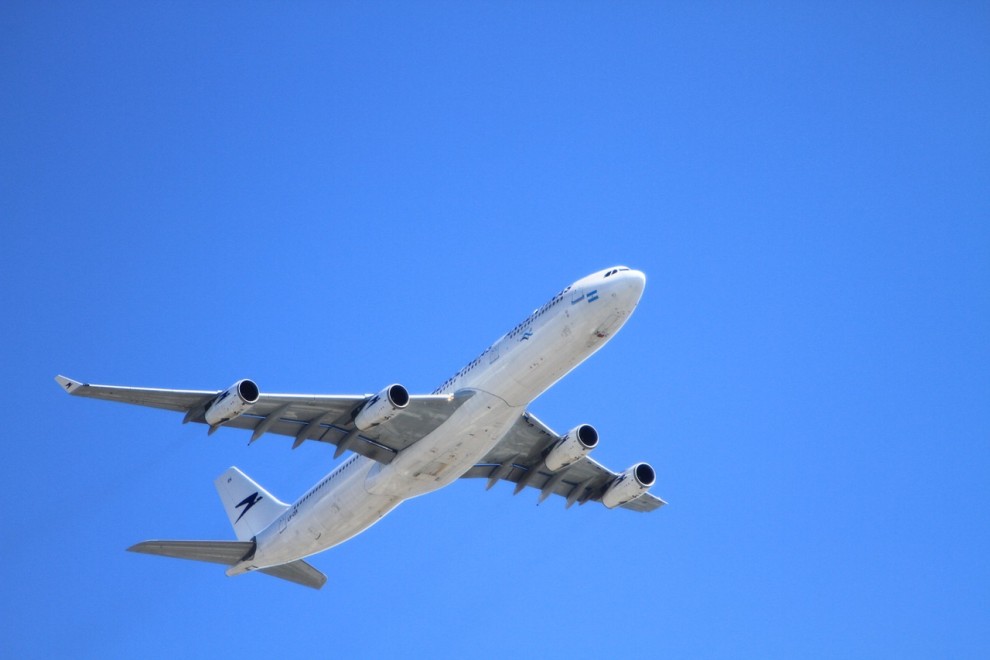In this interview with Per Wickstrom, I gain insight into his tips and techniques for staying sober while traveling, whether for business or pleasure.
As an entrepreneur, Wickstrom often has a demanding travel schedule. As a recovering addict, he has also learned how to balance travel with sobriety. In this interview, he shares his tips and techniques for staying sober while taking a trip.
Why is it important to emphasize sobriety while traveling?
For many recovering addicts, including myself, potential for relapse can come in many forms. When transitioning from a rehabilitation facility to regular life, sticking to a daily schedule can help minimize the risk of relapse. Staying at home forever, however, is not realistic. This means that some form of travel may eventually be required.
Unfortunately, this disruption of daily routine can be a trigger for many recovering addicts. They are suddenly in an unfamiliar situation, in which they have little control. Whether for business or pleasure, traveling can be stressful; there are often delays, traffic, lost baggage, crying babies, and long lines. These stressors, along with the unfamiliar environment can present a dangerous trigger for recovering addicts. Thus, it is important for these individuals consider the potential for relapse before traveling.
What tips do you have for recovering addicts who wish to remain sober during travel?
For all recovering addicts, having a support system in place is key to sobriety, whether traveling or not. This network may come in several forms, including friends and family, a sponsor or mentor, a medical or mental health professional, or an aftercare program. If at any time an addict feels the urge to drink or use drugs, the individuals in his or her support system can provide the proper resources and encouragement to remain sober. In other words, if you ever are at risk for relapse, reach out for help immediately, no matter where you are or what time it is.
As for travel specifically, it is important to pack properly, prepare mentally, and to expect the unexpected. So, for example, leave earlier than necessary in case there are long lines, or pack earplugs in case of a crying baby. Consider the proper reaction to any unplanned event ahead of time. For example, if your luggage is lost, contact the correct airline department immediately instead of simply getting angry. Remember, lashing out won’t help fix the situation, but being proactive will.
Furthermore, it is important to heed the lessons you undoubtedly learned during rehabilitation. If meditation helped center your focus, don’t hesitate to find a quite place just to breath. If music helped you relax, remember to pack your iPod and headphones. Having some snacks and water on hand are also helpful for weary travelers, whether recovering addicts or not.
How can recovering addicts stay sober once they have reached their destination?
Being in a new environment can present many triggers for recovering addicts. If, for example, you are visiting your old hometown, it may bring back memories of your time as an addict. To deal with these situations, it is important to remember that you have taken responsibility for your prior actions and have made amends with yourself and loved ones. If, however, you begin to feel that a relapse is possible, you can reach out for help, remove yourself from the situation, and revert to your coping techniques (such as music or meditation).
Recovery is a lifelong process, but it is possible to travel sober and effectively handle any risk of relapse along the way.
If you’re interested in learning more from Per, check out his blog or connect with him on Facebook, Twitter, or LinkedIn.
Interview provided by:
Jennifer McGregor has wanted to be a doctor since she was little. Now, as a pre-med student, she’s well on her way to achieving that dream. She helped create PublicHealthLibrary.org with a friend as part of a class project. With it, she hopes to provide access to trustworthy health and medical resources. When Jennifer isn’t working on the site, you can usually find her hitting the books in the campus library or spending some downtime with her dog at the local park.



